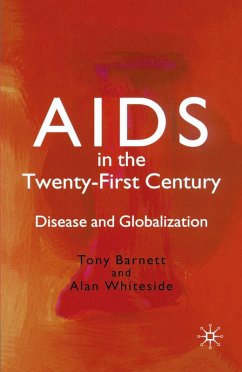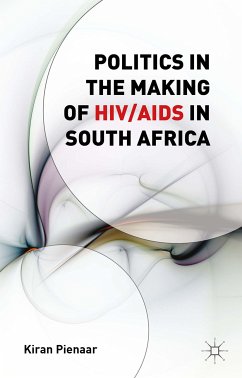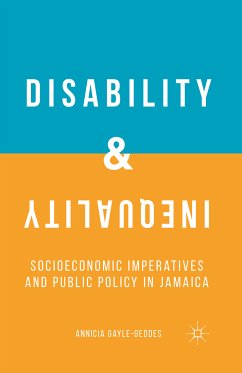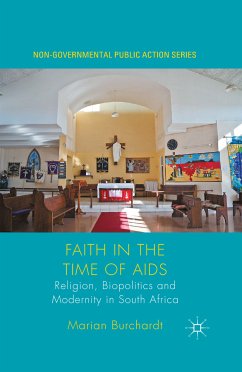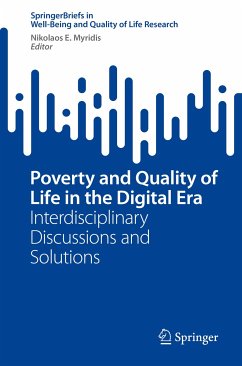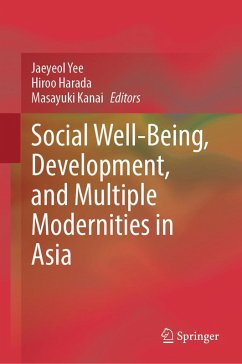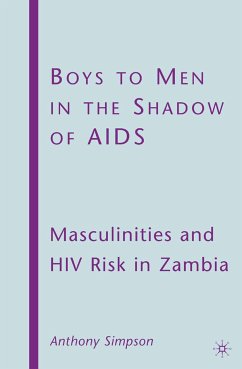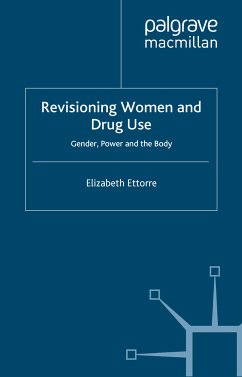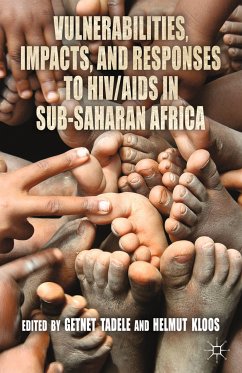
Vulnerabilities, Impacts, and Responses to HIV/AIDS in Sub-Saharan Africa (eBook, PDF)
Versandkostenfrei!
Sofort per Download lieferbar
40,95 €
inkl. MwSt.
Weitere Ausgaben:

PAYBACK Punkte
20 °P sammeln!
This book examines HIV/AIDS vulnerabilities, impacts and responses in the socioeconomic and cultural context of Sub-Saharan Africa. With contributions from social scientists and public health experts, the volume identifies gender inequality and poverty as the main causes of the HIV epidemic in sub-Saharan Africa.
Dieser Download kann aus rechtlichen Gründen nur mit Rechnungsadresse in A, B, BG, CY, CZ, D, DK, EW, E, FIN, F, GR, HR, H, IRL, I, LT, L, LR, M, NL, PL, P, R, S, SLO, SK ausgeliefert werden.



